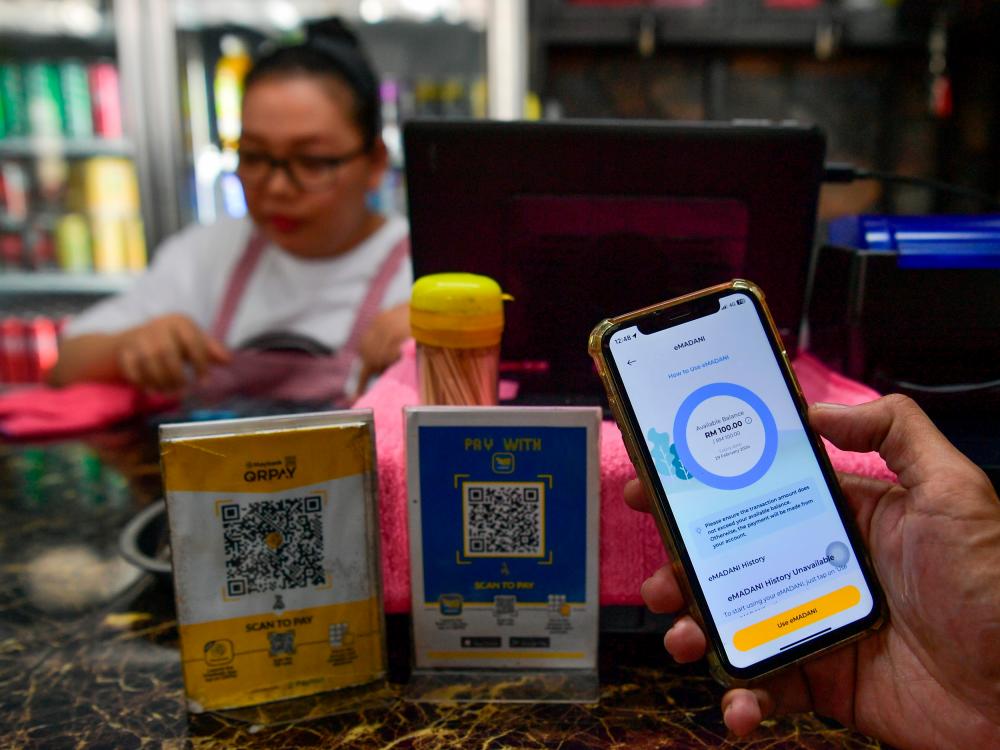PETALING JAYA: Commercial Crime Investigation Division director Datuk Seri Ramli Mohamed Yoosuf has warned the public to be cautious of a recent scam tactic that entails scanning QR codes on free items left at residences.
“Scammers will always devise innovative strategies to exploit unsuspecting individuals. QR code scams are now a prevalent method for fraud.”
He was commenting on a video circulating on social media of a homemaker warning others not to scan the QR code on packages containing free thermos flasks that were left at house gates in her residential estate.
Text below the QR code instructed recipients to scan it for a RM200 cash coupon.
ALSO READ: ‘Charity scammers’ on the prowl
“Scanning a QR code often involves subsequent steps that the user is prompted to follow. So, do not blindly scan such codes as they could lead individuals to fraudulent websites or phishing attempts.”
Ramli said although some QR codes may lead to legitimate and trustworthy sites, most offers promising rewards are fraudulent.
“Anyone who comes across a free package left at their house should not scan any QR code on it. I am issuing this caution to protect the public from being scammed. QR codes and the subsequent steps that victims are directed to take usually lead them into traps.”
He said when victims report having been scammed, they usually claim they were “charmed” and incurred substantial losses.
“Scammers are excellent ‘confidence tricksters’. The longer victims engage with a scammer, the more he controls their minds.”
He added that last year, the National Scam Response Centre received 15,133 complaints or an average of 30 fraud cases daily, with more than RM173 million in total losses.
“It is crucial for everyone to be aware of their legal rights. Police or other enforcement agencies will never make phone calls to the public and threaten them. Doing so is illegal and not part of our standard operating procedures.”
He also said the best advice is not to trust offers that appear too good to be true, particularly those promising substantial rewards for little effort, adding that with advancements in artificial intelligence, criminals can employ new methods to deceive victims.
“For instance, scammers can make video calls with backgrounds displaying logos of law enforcement agencies to convince victims.
“Fraud is an ongoing issue, and criminals have ingenious minds. They are always finding more convincing methods to deceive people.”
Ramli said although fraud is investigated under Section 420 of the Penal Code and related laws, the investigation process is complex due to the nature of such crimes.
“However, we are always diligent in collecting information, including phone numbers, bank account details and other relevant data to aid in our investigations.”
Ramli advised caution before engaging in any suspicious transactions and not to be easily swayed by sophisticated scam tactics.
Read More:
Risky price of convenience
Beware of bogus QR code images online and in public places










